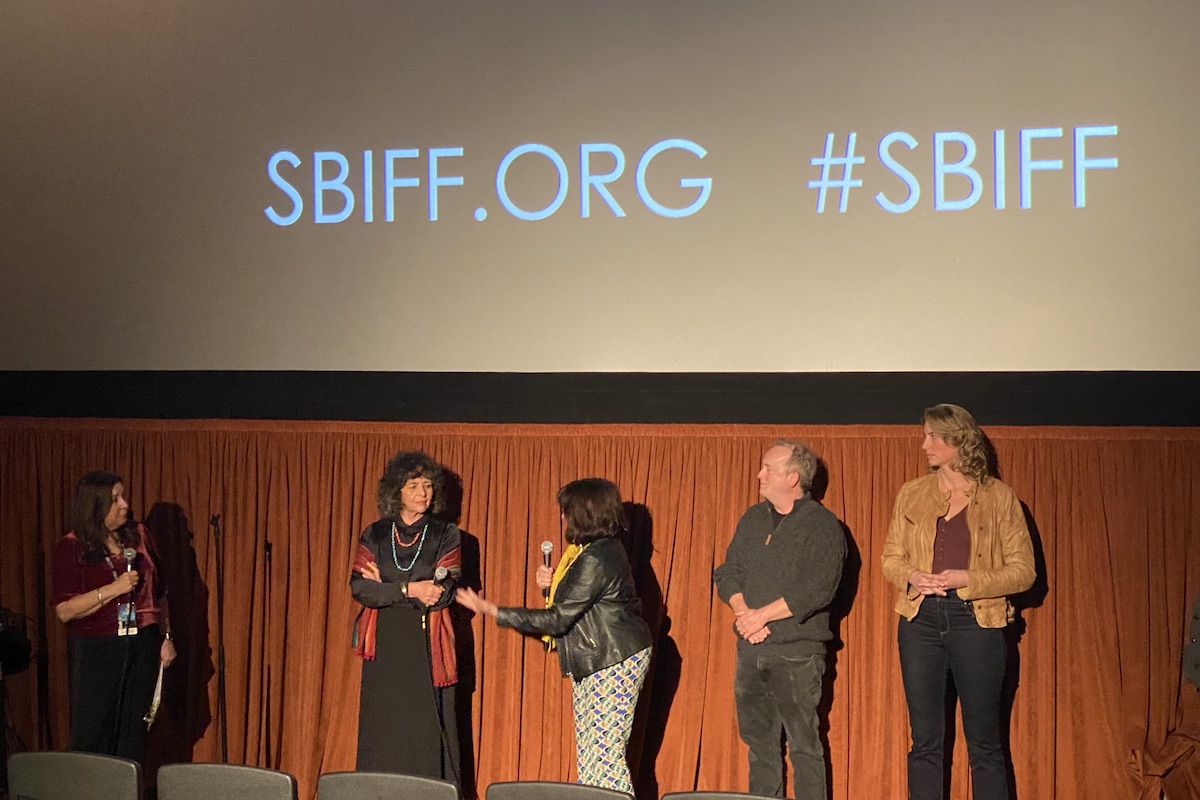Robert Downey Jr.’s Night of Tribute
At the Arlington Theatre, Robert Downey Jr. enchanted attendees with his charismatic presence. Known for his rollercoaster career, Downey Jr. gracefully combined humor with humility, expressing his appreciation for his life as a family man. Engaging with critic Leonard Maltin, he displayed quick-witted brilliance and deep insights, leaving an indelible mark on the audience with his engaging demeanor.
Celebrating a Storied Filmography
The celebration of Downey Jr.’s diverse roles was accentuated by the presence of his longtime friend Rob Lowe, who recounted tales from their shared past, highlighting Downey Jr.’s triumphs over personal battles. A noteworthy mention by Downey Jr. was his transformative role in David Fincher’s *Zodiac*, where he humorously noted the personal parallels he avoided by altering his life’s course.
Honoring Downey Sr. with a Personal Documentary
During the pandemic, Downey Jr. took on a poignant project—a documentary honoring his father, filmmaker Robert Downey Sr. This film not only explores their familial relationship but also marks a new chapter in Downey Jr.’s life, symbolizing his shift towards more personal and introspective projects. This heartfelt endeavor adds a layer of depth to his already impressive career.
The evening culminated with Downey Jr. receiving the Modern Master award for his role in *Oppenheimer*. His performance, lauded by peers including Cillian Murphy, showcased his formidable talent, securing him an Oscar nomination. This award night was not just a celebration of Downey Jr.’s achievements but a reflection on the profound impacts of cinema.
Reflecting on Historical Impacts through Film
The screening of *First We Bombed New Mexico* provided the audience with a stark look at the repercussions of nuclear testing. This documentary, followed by a discussion led by Director Lois Lipman, linked past actions to present challenges, engaging the audience in a critical examination of our history’s shadows.
In conclusion, the films featured at SBIFF, especially those highlighting significant cultural and historical themes, continue to provoke thought and dialogue, underscoring the festival’s role in shaping public discourse through cinema.
